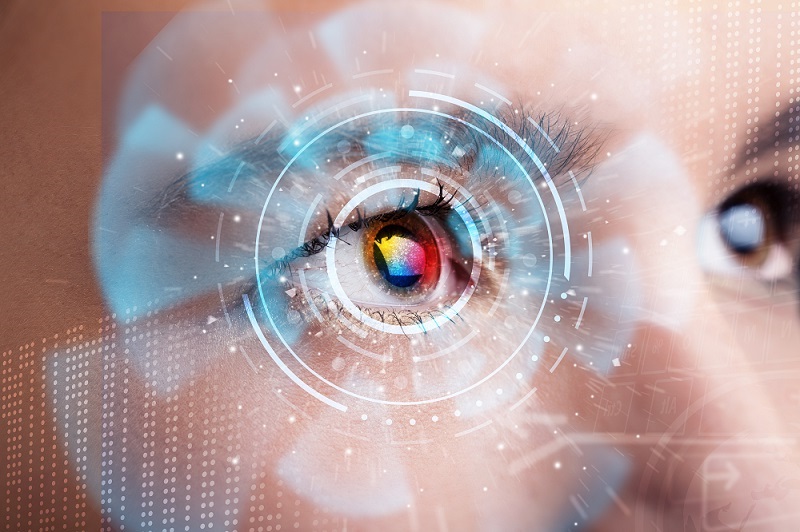SERI scientists develop artificial intelligence (AI) tools to alert patients about health concerns at an early stage — by scanning their eyes.

Blood vessels in the eyes mirror microvascular changes happening elsewhere in the body. Hence, while direct assessment of body parts like the kidney is difficult, indicators of microvascular disease can instead be gleaned from retinal image scans.
Two AI tools, RetiKid and RetiAge, are SERI inventions which work on retinal scans to predict patients’ kidney health and biological age. Potential health issues can be detected even before symptoms emerge!
RetiKid and RetiAge will be available for patients in about two years, pending statutory approval. They are ground-breaking innovations for enabling early detection and intervention. By giving results within the hour, they are also significantly less time- and resource-intensive.
RetiKid
Led by: Assoc Prof Charumathi Sabanayagam, Deputy Head of SERI’s Ocular Epidemiology Research Group
Blood tests are widely used to identify chronic kidney disease. However, even at-risk patients seldom comply with them. RetiKid complements existing screening strategies as a non-invasive, first-level case finding tool. It may spur those who test positive to undertake additional evaluation.
Furthermore, only patients with diabetes and hypertension are screened for chronic kidney disease currently. While their numbers are rising, other high-risk populations, like those with a history of stroke, also ought to be tested. Timely screening and detection of chronic kidney disease allows for early intervention to slow down the progression of the disease.
RetiAge
Led by: Prof Cheng Ching-Yu, Head of SERI’s Ocular Epidemiology Research Group and Data Science Research Platform
As opposed to the chronological age of a person measured by birthdays, biological age indicates the ageing of body functions, organs and cells. It refers to one’s overall health status reflected by genetic and lifestyle factors, such as exercise habits.
RetiAge uses AI analyses of retinal blood vessels to predict a person’s biological age, which in turn helps to predict that person’s risk of systemic diseases and lifespan. A person with “older” RetiAge could have higher risk of disease mortality compared to another person with “younger” RetiAge, even if they have the same chronological age. Those identified with “older” retinas can therefore take steps to improve their lifestyle habits and behaviour.
Click
here to check out other articles in
SINGVISION Issue 1/2022.
